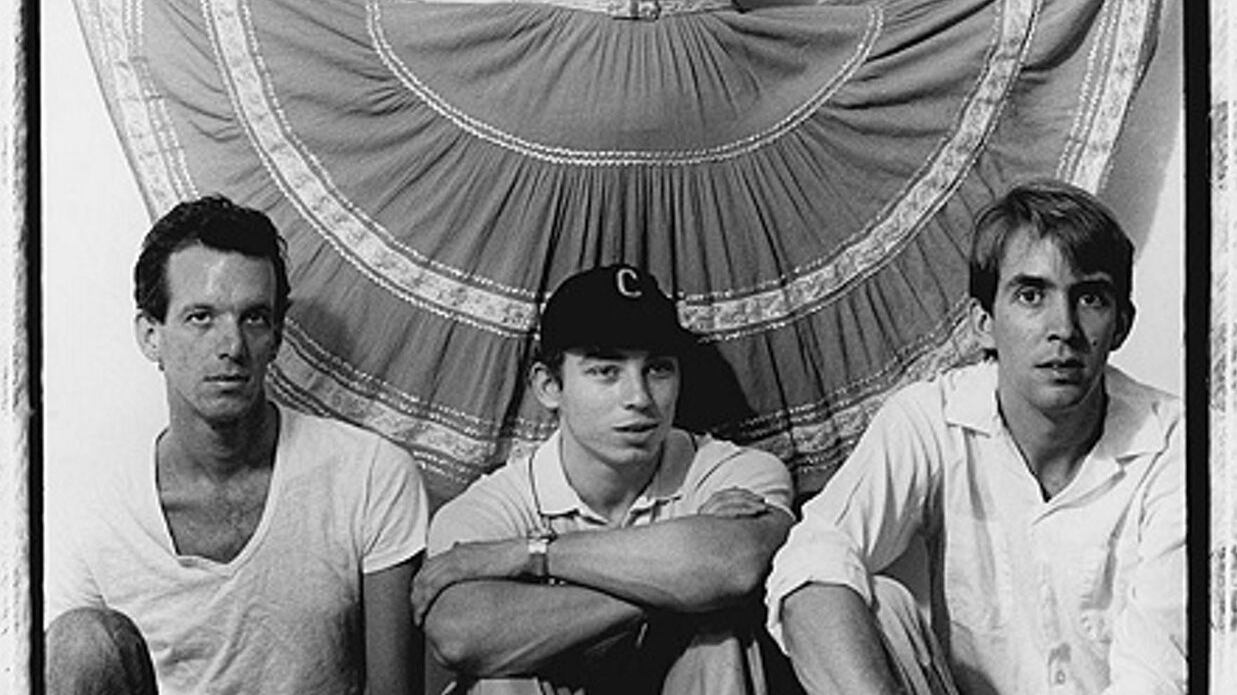Regrets? When it comes to her band, post-punk cult legends Pylon, Vanessa Briscoe Hay has few. They had a short but influential career, and the way she sees it, that's more than they ever hoped to achieve as Georgia art students in the late '70s, when their only goal was to get written up by the New York rock press before dissolving into obscurity.
She admits, however, there are moments—like now, as she prepares to take a new incarnation of the group to cities the original never visited, in support of an archival live album—when she wonders if they could've done even more.
"It's hard to get inside the head of a person at the age we were, like, 27, 28 years old, but we were just really being true to ourselves," Hay says of the decision to end the band's initial run. "We broke up, but listening to Pylon Live, I was kind of struck by the fact that we were a really good band, and thought, 'Why did we break up?' In retrospect, looking back at the past, that maybe wasn't the best decision we ever made. But it was our decision, and we made it."
Formed in Athens, Ga., in 1978, Pylon came around at a time when the city's now-mythologized underground music scene was just beginning to emerge. Playing jaggedly funky post-punk, the band formed an American analog to Gang of Four, only with a looser, more party-ready approach, distinguished by Randall Bewley's slashing guitar and Hay's wildly erratic vocals. The B-52's took notice early and brought them to New York, fulfilling their initial objective in a matter of months. But after five years, two albums and several tours with the '80s college rock elite, what started as an "art project" began to feel like an obligation, and the group kept its pact to disband as soon as it stopped being fun.
In its absence, Pylon became a cause célèbre of the burgeoning alt-rock era, particularly with fellow Athenians R.E.M., who covered Pylon songs and name-checked the band constantly in interviews. Sporadic reunions would take place over the ensuing decades, but in 2009, Bewley suffered a fatal heart attack, effectively ending the group's active history. As Hay says, "Pylon died when Randy died."
Which is why she's making it clear that the act she's currently touring with isn't Pylon, exactly. A few years ago, Hay—who still lives in Athens—performed a set of songs at an art show with a makeshift group of local musicians, and had enough fun to take them on the road as the Pylon Reenactment Society. She says it's not an attempt to put a tombstone on the band's legacy but to celebrate it, and prove that, while great bands don't always get the career they deserve, great music will find its audience anyway.
"There was a guy who came to an Atlanta show who'd flown in from somewhere in Michigan, and he had tears in his eyes. He said, 'Please don't let this music die,'" she says. "I've had several people approach me with those kind of feelings. They're just so happy to hear it live again. I don't know where to go with all of that. I don't know what plans I can make for this project. But we're having fun with it."
SEE IT: The Pylon Reenactment Society plays Mississippi Studios, 3939 N Mississippi Ave., with Hurry Up, on Tuesday, Dec. 13. 9 pm. $12 advance, $14 day of show. 21+.

